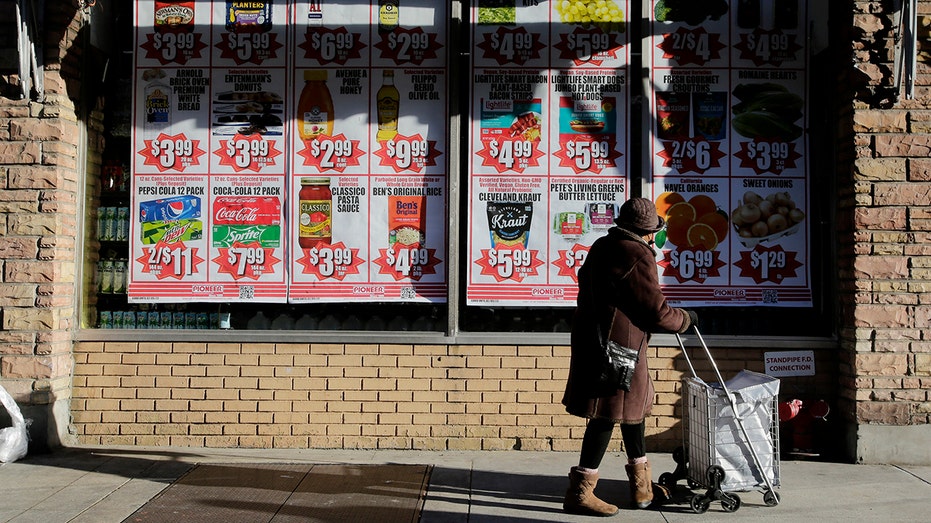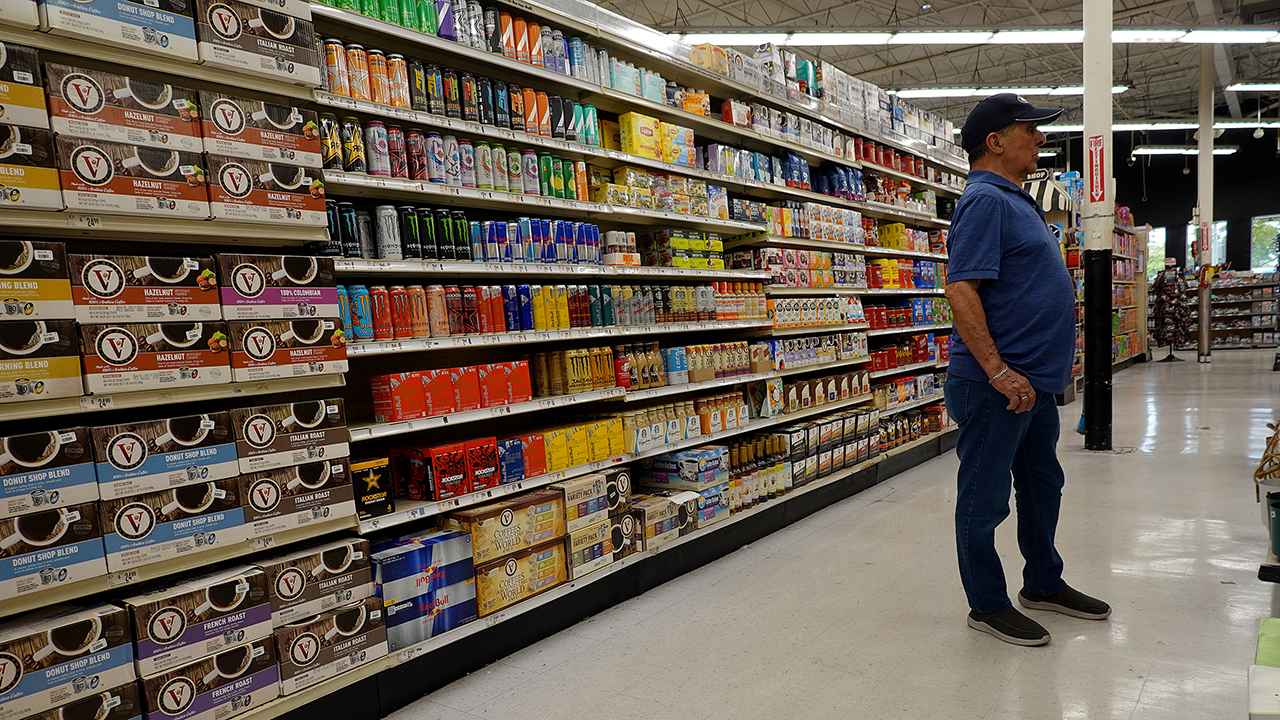Wholesale inflation unexpectedly falls 0.1% in February
Producer price index projected to increase 0.3% in February
Where should the Fed funds rate be to combat inflation?
Hoover Institution senior fellow John Taylor reacts to the Federal Reserve's efforts to combat inflation on 'Kudlow.'
Inflation at the wholesale level posted a surprise decline in February, a sign that painfully high consumer prices are beginning to loosen their stranglehold on the U.S. economy.
The Labor Department said Wednesday that its producer price index, which measures inflation at the wholesale level before it reaches consumers, fell 0.1% in February from the previous month. On an annual basis, prices are up 4.6% – well below the 5.7% gain recorded in January.
Those figures were both lower than the 5.4% headline figure and 0.3% monthly increase forecast by Refinitiv economists, a welcoming sign for the Federal Reserve as it seeks to cool price gains and tame consumer demand with the most aggressive interest rate hike campaign since the 1980s.
Excluding the more volatile measurements of food, energy and trade, so-called core inflation rose 0.2% for the month — down from the 0.5% gain in January. The reading was up 4.4% on a 12-month basis, unchanged from the previous month. It marked the lowest year-over-year increase since April 2021.
SVB COLLAPSE THROWS FED RATE-HIKE DECISION NEXT WEEK INTO UNCERTAINTY

Prices are displayed in a grocery store in New York City on Feb. 1, 2023. (Leonardo Munoz/VIEWpress / Getty Images)
"There is no denying that inflation is sticky and it’s going to take some time to get it back down to appropriate levels, but PPI slightly declining is no doubt an unexpected bright spot," said Mike Loewengart, head of model portfolio construction at Morgan Stanley Global Investment Office.
The data comes a day after the Labor Department reported that the consumer price index, which measures the prices paid directly by consumers, rose 0.4% in February, in line with expectations. The annual inflation rate also came in at 6%.
Both releases are considered to be important measurements of inflation, with the PPI believed to be a leading indicator of inflationary pressures as costs work their way down to consumers. The different gauges point to inflation that is running well above the Fed's preferred 2% target, a troubling sign as the central bank has already raised rates eight straight times.
MORE AMERICANS GETTING A SECOND JOB AS HIGH INFLATION RAGES
The unexpected decline in the monthly number stemmed from a drop in price pressures for both goods and services, with a notable 36.1% plunge in the cost of chicken eggs. The price of residential natural gas, fresh and dry vegetables, home heating oil, diesel fuel and organic chemicals also fell. Conversely, prices for iron and steel scrap rose 10.6% last month, while the cost of sugar and other confectionary products also rose.
CLICK HERE TO READ MORE ON FOX BUSINESS
The back-to-back inflation reports will have major implications for the Fed, which is tightening rates at the fastest pace in decades as it tries to cool the economy. Despite recent turmoil within the banking sector, markets still expect the U.S. central bank to raise interest rates during its two-day meeting next week, with 53% of traders pricing in a 25-basis-point hike.





















